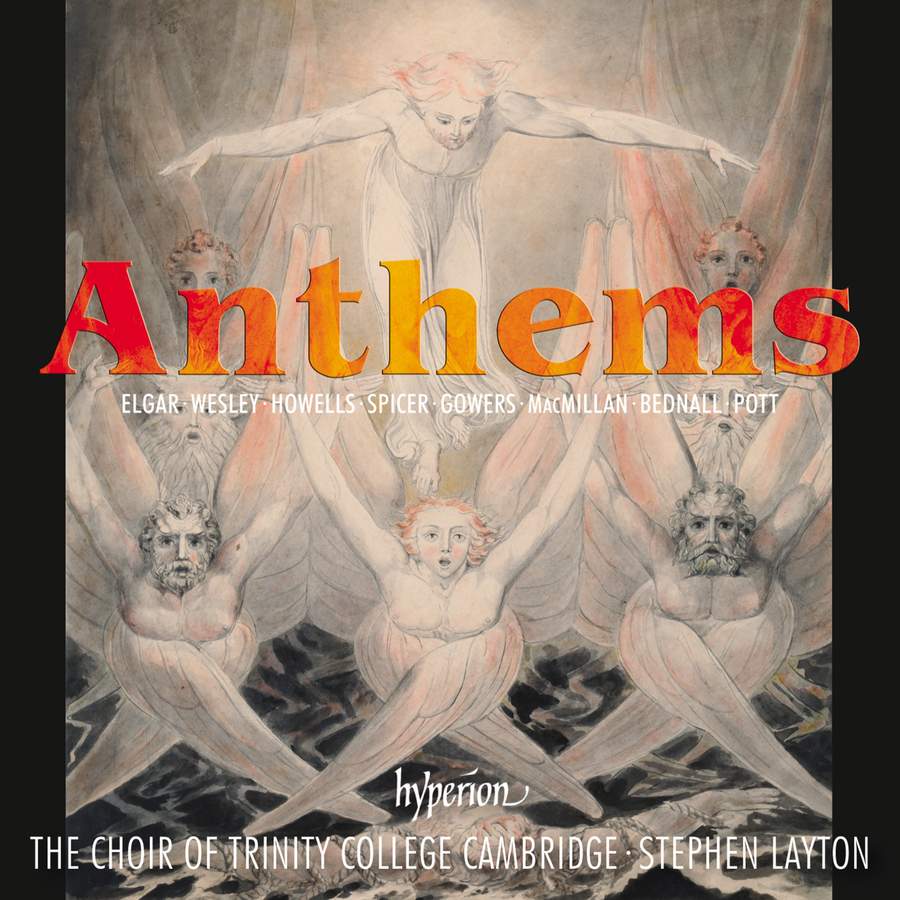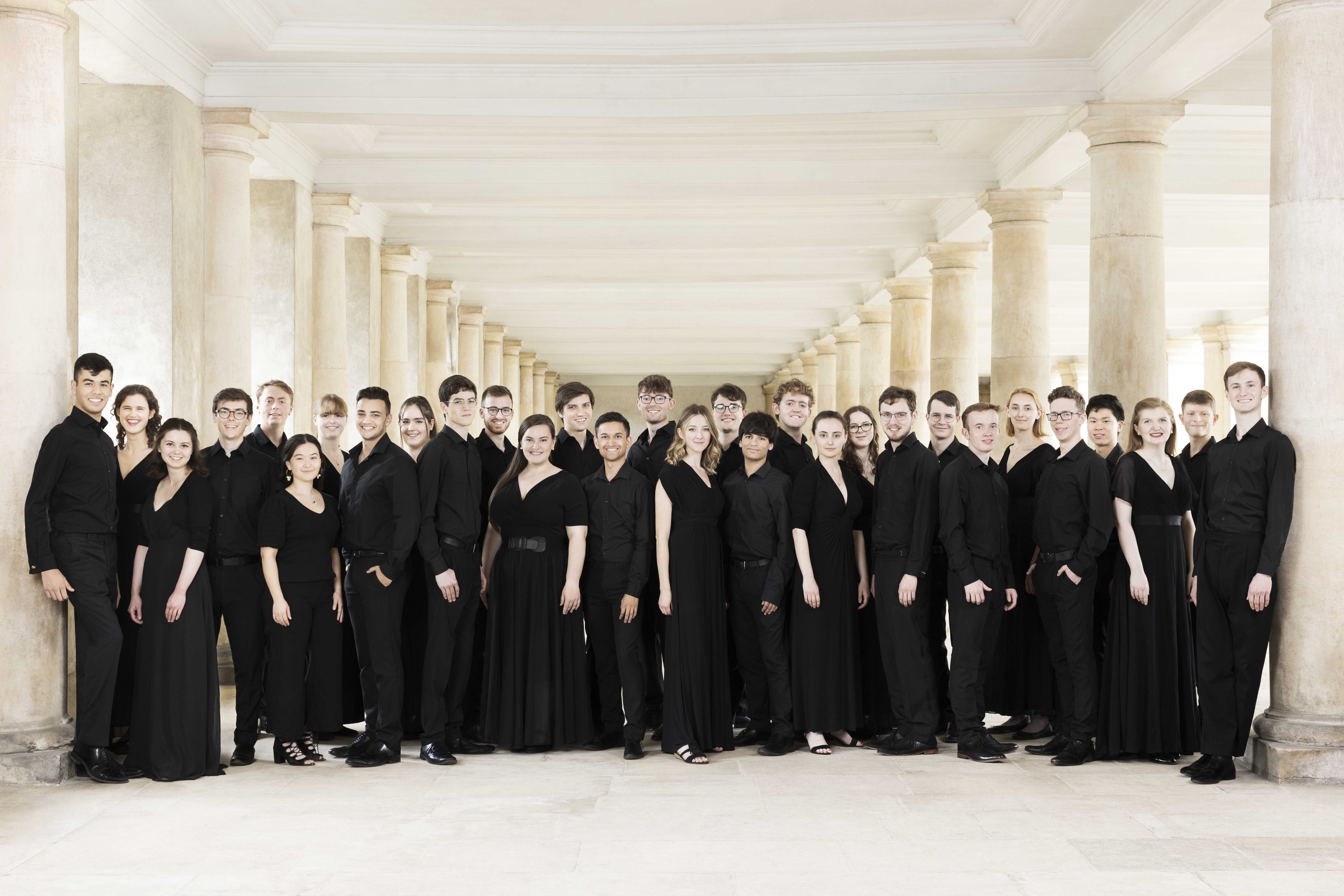Anthems Vol.1 - Limelight
> See recording details...“If your idea of the English anthem is something dry and dusty, this might well change your mind. It’s two decades since the late John Scott’s pioneering series presented the traditional staples of the Anglican church in eight fine volumes for Hyperion. Now the label is back, this time with the vigorous Stephen Layton at the helm of his outstanding Choir of Trinity College Cambridge, and the results are glorious.
There’s no stated rhyme or reason behind the choice of repertoire here, nor is there a suggestion of how many volumes the series might run to, but the programming of “Anthems Volume 1” largely avoids the familiar. Spanning almost 200 years of ecclesiastical music-making, there’s a distinctive focus on ambitious, meaty repertoire and a noticeable leaning towards the contemporary.
The biggest name here is probably Elgar, who despite being Catholic composed a pair of extended anthems. The first – Great is the Lord – was premiered in Westminster Abbey in 1912 and employs the same musical language as his great English oratorios, The Apostles and The Kingdom. A great wodge of sound powers its way upwards from the depths of the organ as the choir makes its presence felt in valiant waves of full-bodied tone. (The album was recorded in Ely Cathedral in an acoustic that is perfect for the repertoire, if challenging for the engineers whose contribution is a triumph all round).
Layton has prepared this music with great attention to detail and dynamics, as is especially alert to the text’s potential for dramatic exposition. The singers’ flawless diction does the rest in an impressively involving reading. Florian Störtz’s substantial bass solo is memorably delivered, while Harrison Cole – excellent throughout, and superlative later on in Francis Pott’s bravura Toccata – makes the Ely Cathedral organ thunder and swell with subterranean power. Give unto the Lord, premiered two years later in St Paul’s Cathedral, is equally heroic, its graceful central section particularly affecting here.
Samuel Sebastian Wesley’s The wilderness, a warmly felt, fairly typical example of the early Victorian anthem was written in 1832 when the composer, new in post at Hereford Cathedral, was just 22. Layton holds the attention across its full 14-minute span with deftly dramatized contributions from a fine solo quartet (Wesley, who had a theatre background, clearly knew how to mine a text).
Other 20th-century anthems include Howell’s haunting The house of the mind, given a butter-smooth and lyrical reading from the choir, their voices seeming to melt into the ether. Patrick Gower’s Viri Galilaei is a choral masterpiece from 1987 that grows out of shimmering Alleluias to culminate in ecstatic shouts of “God is gone up with a merry noise”. Layton’s instinctual attention to rhythm makes for an enervating performance.
The remaining three anthems are all by living composers: Paul Spicer’s Come out, Lazar, James MacMillan’s O give thanks unto the Lord, and David Bednall’s Everyone Sang. With its crafted sense of mounting tension and dramatic interjections of “Come out”, the Spicer is a tour de force, choir and organ packing a punch thanks to Layton’s surefooted pacing. The MacMillan is full of exuberance. Sopranos are especially impressive in the melismatic decorations that adorn the composer’s unexpected setting of Robert Herrick’s To Music amid texts otherwise drawn from Psalm 105. Bednall’s work is a hymn of praise to the act of singing itself. Choir and conductor surmount its considerable challenges to bring this wonderfully and frequently surprising disc to a rousing conclusion.”
Clive Paget

Hyperion Records CDA68434
